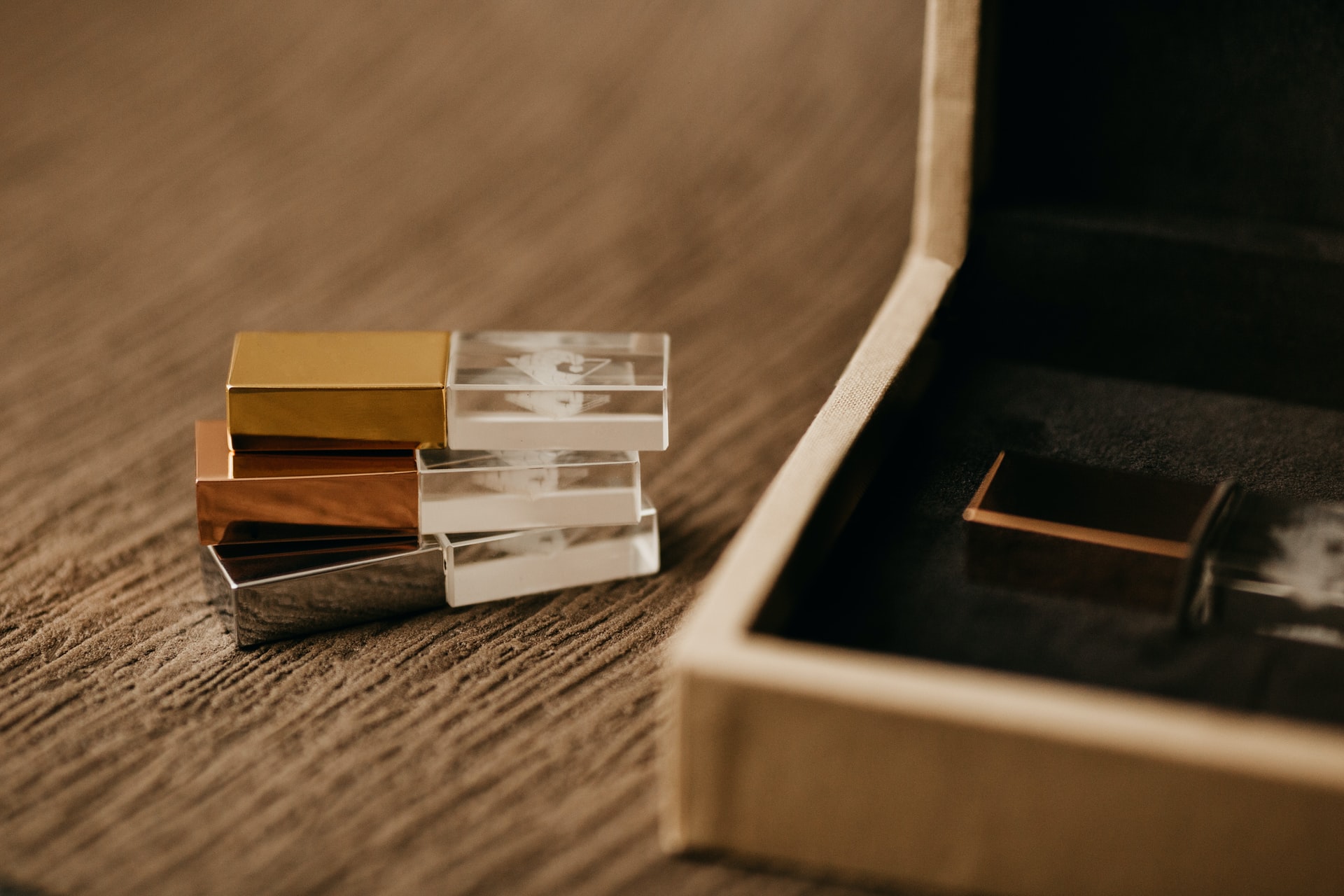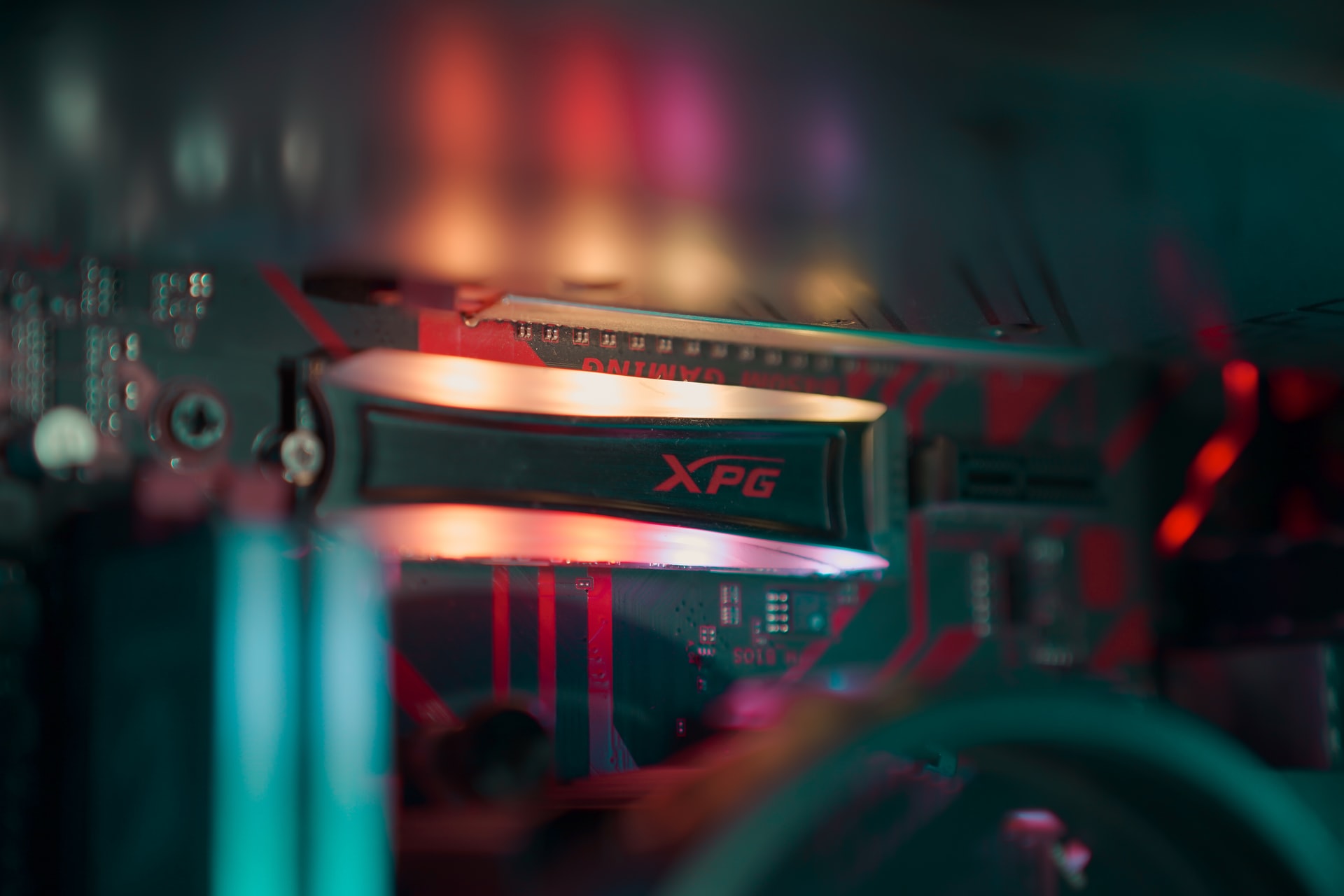
Flash drives are a great way to store and transfer data, but there’s more than one kind of flash drive. Choosing the right USB flash drives for you or your business’s needs can be overwhelming, especially if it’s your first time buying one. How do you know which is the right one for you is a very important question to ask when you’ve made up your mind to purchase flash drives.
This article covers things to consider when buying a flash drive. Without further ado, let’s get started.
Primary Use of The Flash Drive
The answer to this question will determine how big you should buy. For example, if you’re using it for work, then it makes sense to get the biggest capacity because you will need to store more data.
However, if you just want something small and compact so that it’s easy to carry around in your pocket, then you might be fine with something smaller. But remember, bigger does not always mean better because the bigger USB flash drives tend to cost more than their smaller counterparts even though they do have higher capacities.
When shopping for flash drives, consider what exactly is its primary use? This would help you know if you should buy flash drives in bulk or not. If it’s for personal use, choosing a large one might be fine, but if it’s business use maybe the small one would be best. That depends on how much data you need to store and how often it will be accessed.
Size of The Flash Drive
The size of a flash drive is going to determine its price, portability, and the amount of storage space it offers. Bigger drives usually mean you have more storage, so if that’s what you want, then go ahead. Note that bigger is usually better, however, large USB flash drives are quite expensive. On the other hand, there are smaller devices, so those who don’t want something too big can opt for those instead.
It all depends on your needs here because obviously, a small one isn’t going to be able to hold as much as a larger one, but typically smaller ones cost less. Portability is a factor here because if you’re going to carry it around a lot, it would make sense to get one that’s small and easy to carry. But of course, this is all up to you and the amount of data you need to store.
Size also determines how much storage space you’re going to have at your disposal. It basically comes down to what you want out of it, as well as how much data needs storing and can fit into that space.
Speed of The Flash Drive
This is pretty important because you’re going to want something fast enough for what you’re using it for. Flash drives can be bought in speeds ranging from around 5MB/s to over 100MB/s, so there’s quite a big difference between them. If you’re looking to transfer large files onto your flash drive, then go with the one that will offer the most speed because it will cut down on transfer times.
But if speed isn’t an issue, then save some money by getting a slightly slower USB drive. Your needs are the key here because if speed is an issue then upgrade or buy two devices! And also, higher speeds mean bigger costs, so choose wisely in this department.
How much speed you need depends on what is it being used for. This is especially true if your job involves a lot of transfer speeds or if you’re simply moving large files onto the drive. The faster the USB flash drive, the more expensive it will be, so choose wisely based on your needs and budget.
Protection of The Flash Drive
This may not be an issue for some people but considering that they can break easily then there are some other points that should be talked about here. There are different types of external storage devices like hard drives which require screws to keep them closed and secure, but USB drives don’t use these because they’re simple plug-and-play devices.
This means that USB flash drives can break or get damaged more easily than other external storage devices.
When shopping for USB flash drives, look at the design of it and what makes it strong enough to stand up to some punishment. If there are parts of the drive that stick out, then consider getting something else because they might be fragile in this regard.
Quality of Construction
It’s never wise to spend money on USB drives that are flimsy or seem like they will break easily when plugged into a computer or when dropped accidentally on the floor or pushed off from the table.
Hardware Compatibility
Do your research first before you buy a USB flash drive because it might not be compatible with your computer or laptop if the hardware is different. To avoid that, look into the compatibility of the device first before making any purchases.
 Look for hardware that has been tested thoroughly to ensure its compatibility with most systems. This is especially true if you’re using older computers and laptops compared to modern ones. The last thing you want is having to return something after wasting time shopping around, so look carefully at this section!
Look for hardware that has been tested thoroughly to ensure its compatibility with most systems. This is especially true if you’re using older computers and laptops compared to modern ones. The last thing you want is having to return something after wasting time shopping around, so look carefully at this section!
Price of The Flash Drive
The price varies widely depending on many factors, so consider all of them when looking at how much money needs spending on one. USB flash drives cost anywhere from $5-$20 depending on what size they are, how much storage space they have to offer, how fast they are, the brand of the device, and so on. Figure out your budget first before looking around because some flash drives can get pretty expensive.
If you don’t want to spend a lot on a USB flash drive, then consider getting something from the lower price range since there’s no need for spending too much money on all of this. And if the budget is more than enough, then go ahead and look into getting an even better one that has more features!
Brand Names
The big companies that produce these devices tend to have a good reputation in terms of quality, which means that they might be worth buying instead of going with cheaper options that may not be as trustworthy or reliable for use. The better brands of USB flash drives usually cost more, but they’re worth checking out if you’re trying to get reliable hardware for your computer.
Always look into the brand name first before buying a USB drive, especially if it’s not that expensive because reputable companies often put out more reliable products than some cheaper ones.
To wrap up, these are some things to consider when buying a flash drive. Follow them, and you’re on your way to getting the best device that meets your needs.





